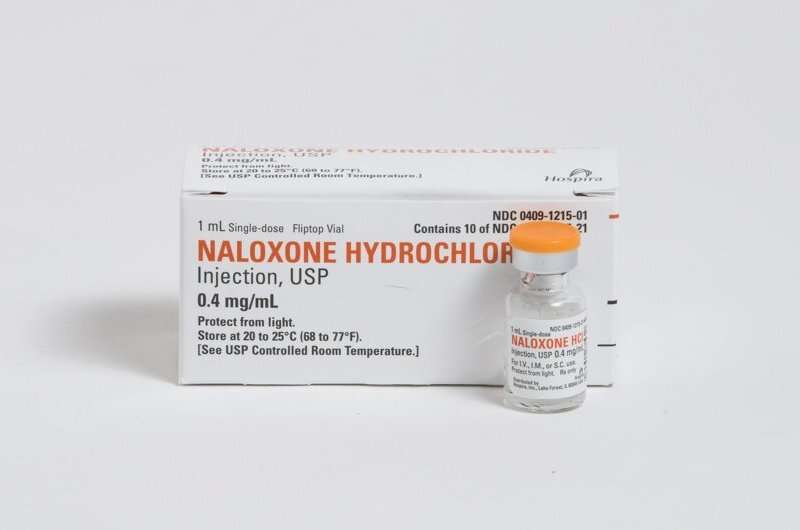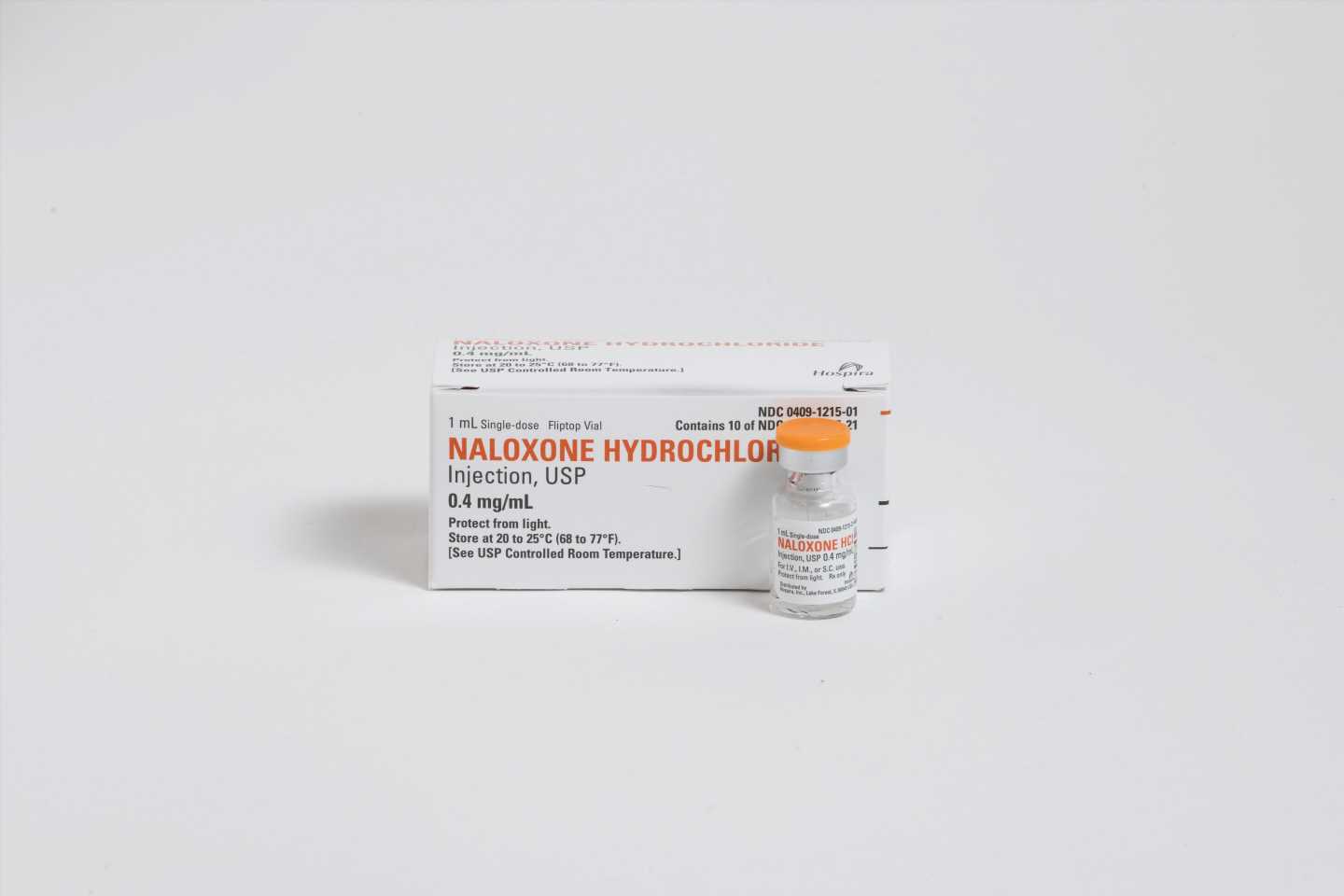
An overdose crisis is affecting children, adolescents and adults across the United States. Most drug overdoses in young people are caused by opioids, and specifically, fentanyl.
Opioids have long been used medically to treat pain. But highly potent opioids like fentanyl, which is rampant throughout the illicit drug market, are now the leading cause of overdose deaths across all ages, including children and adolescents.
If someone in your home takes opioids for any reason, you should carry naloxone and keep it in your home in case of emergencies (just like a fire extinguisher). Naloxone is a lifesaving medication that can reverse an opioid overdose in minutes. It’s available as a nasal spray that is easy to administer.
Naloxone is recommended for anyone who:
- Uses opioids, including illicit opioids such as heroin or fentanyl, or prescribed opioid medications in a way their doctor did not intend
- Has a substance use disorder (“addiction”)
- Lives with someone who uses opioids in a nonmedical way or who has a substance use disorder
- Has opioids in the home (from a prescription, for example)—particularly if small children are in the home who might unintentionally ingest them
Opioids are the most common cause of poisoning deaths in children. Fentanyl is one of the most potent opioids. It can quickly cause an overdose, especially in children and adolescents. Fentanyl is at least 50 times more potent than heroin. A dose of fentanyl that fits on the tip of a pencil can be deadly.
Fentanyl is sometimes used medically to treat pain or for anesthesia. However, the fentanyl that is widely available in the illicit drug market and in counterfeit pills is illegally manufactured and highly dangerous. Public health experts blame illicit fentanyl for the sharp increase in overdoses.
Among adolescents aged 10-19 years, fake (counterfeit) pills are to blame for at least a quarter of poisoning and overdose deaths. Fake pills are widely available for purchase in the illicit drug market and through social media platforms that teens commonly use, such as TikTok and Snapchat. The pills are made to look like real prescription pills like oxycodone or Xanax. However, they instead commonly include a deadly amount of illicit fentanyl.
Fentanyl has also been found in lethal quantities in other drugs like cocaine. Signs of opioid overdose may include unconsciousness or unresponsiveness; shallow, slow or no breathing; limpness; pale skin, with blue lips or fingertips; slow or irregular heartbeat or pulse; vomiting or gurgling noises; slurred speech; or the center part of the eye is very small (called “pinpoint pupils”).
Naloxone should be administered at the first sign of overdose symptoms. This is especially important for toddlers and small children, who may inadvertently take medication or encounter a counterfeit pill. Follow the instructions on the package of naloxone; there are also many online videos of how to administer naloxone nasal spray.
After giving someone naloxone, call 911 right away. Naloxone is a temporary treatment, and its effects do not last long. A person who has overdosed and who receives naloxone will usually wake up within one to three minutes. Stay with the person, even if they are conscious, until emergency medical help arrives.
The person could lapse back into unconsciousness and might need another dose of naloxone. This is because the overdose can worsen and last for up to several hours, whereas naloxone can wear off after 30 to 90 minutes. Keep trying to wake the person up and keep them breathing. Also, lay them on their side to prevent them from choking if they are unconscious.
Naloxone can be purchased without a prescription at retail pharmacies in all 50 states, Washington, D.C., and Puerto Rico. All you need to do is contact your local pharmacy and state that you would like to receive naloxone through your state’s “standing order.” You will need to provide your name and date of birth, and your insurance will be charged. Often, the copay is $0. You can also find free naloxone in your community. It is often given out by local organizations.
Naloxone can be used for a suspected overdose in infants, children, teens, adults and the elderly. There is virtually no downside to giving naloxone to a child or teen, even if you are not sure if they overdosed on opioids. (Babies treated for neonatal opioid withdrawal syndrome may require an alternate product recommended by their pediatrician instead of naloxone.)
There are two forms of naloxone: a nasal spray and a shot that is injected. The U.S. Food and Drug Administration has approved the first over-the-counter naloxone nasal spray (also known as Narcan). It will be available in late summer 2023. Anyone will be able to buy the nasal spray at drug stores, grocery stores, convenience stores, gas stations and online, but it is likely to cost more than if you receive it through your state’s “standing order” and have it billed to your insurance.
The FDA recently approved a prescription nasal spray called nalmefene (also known as Opvee). Nalmefene nasal spray is for emergency treatment of opioid overdose in people age 12 years and older.
Remember to always store medications in a locked medicine cabinet or box that is out of reach. Dispose of unused prescription medications and keep illicit drugs out of your home.
2023 Tribune Content Agency, LLC.
Source: Read Full Article
